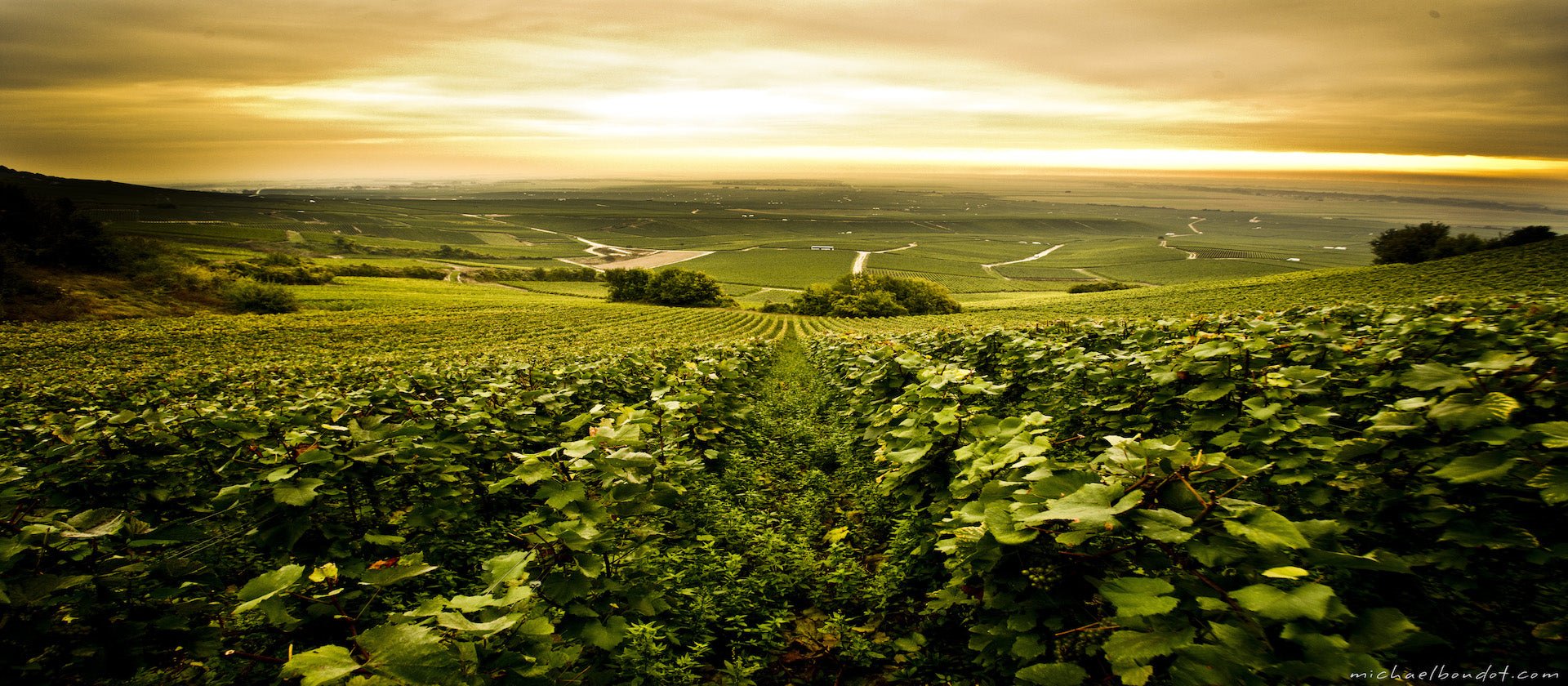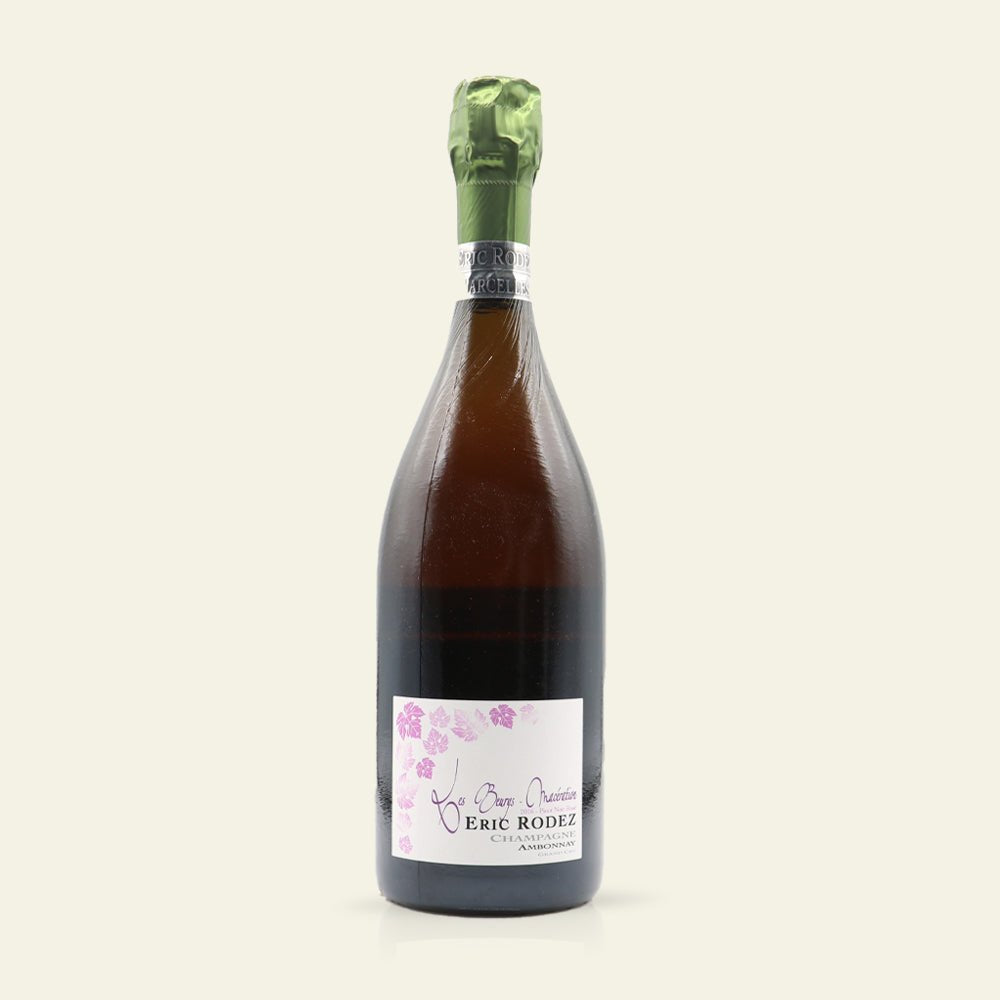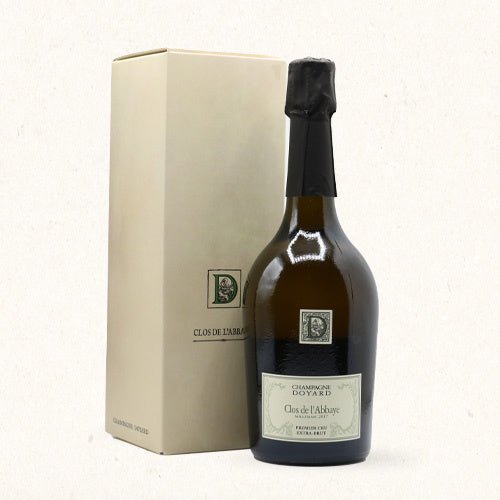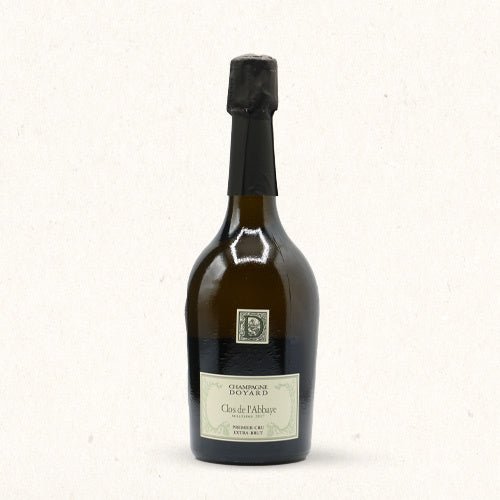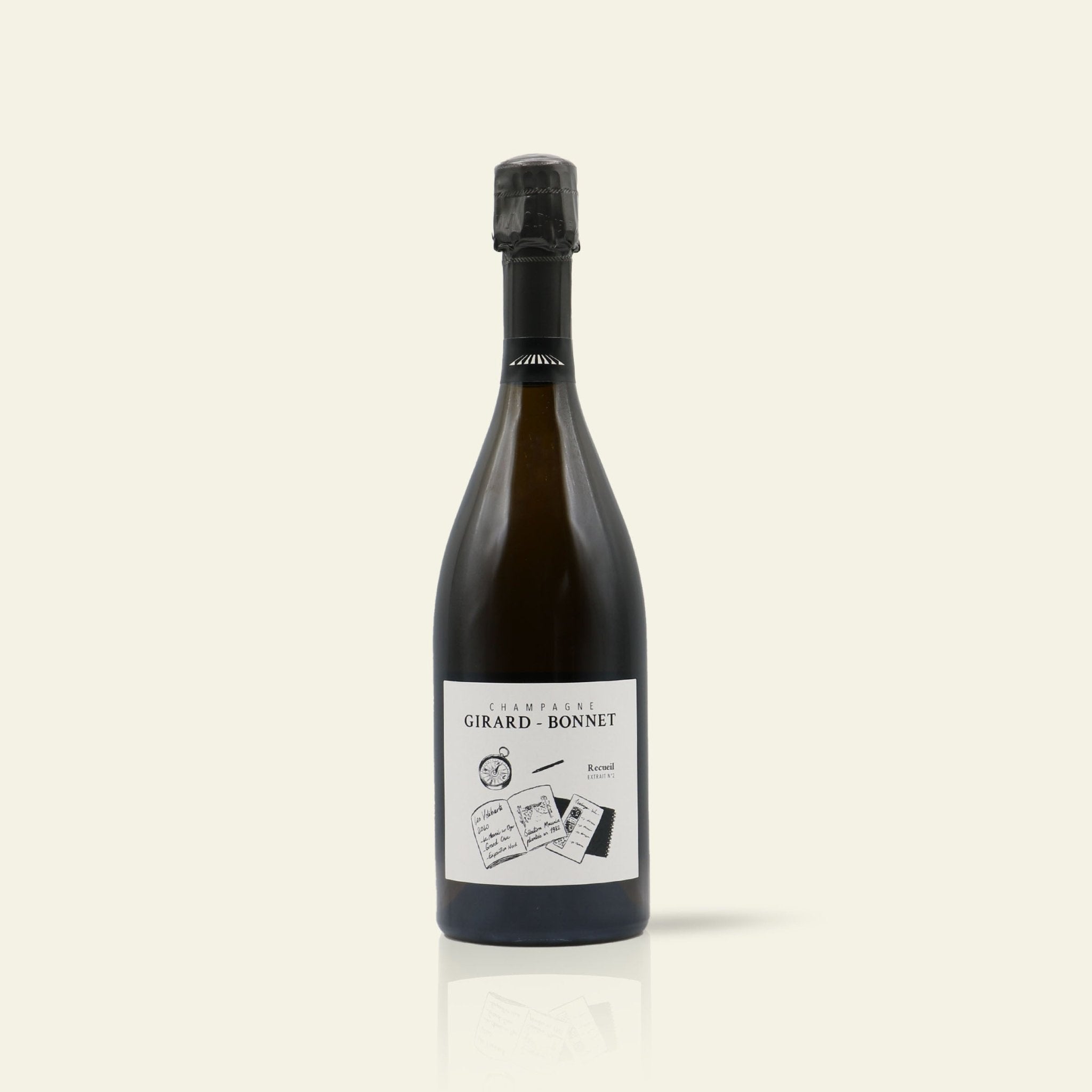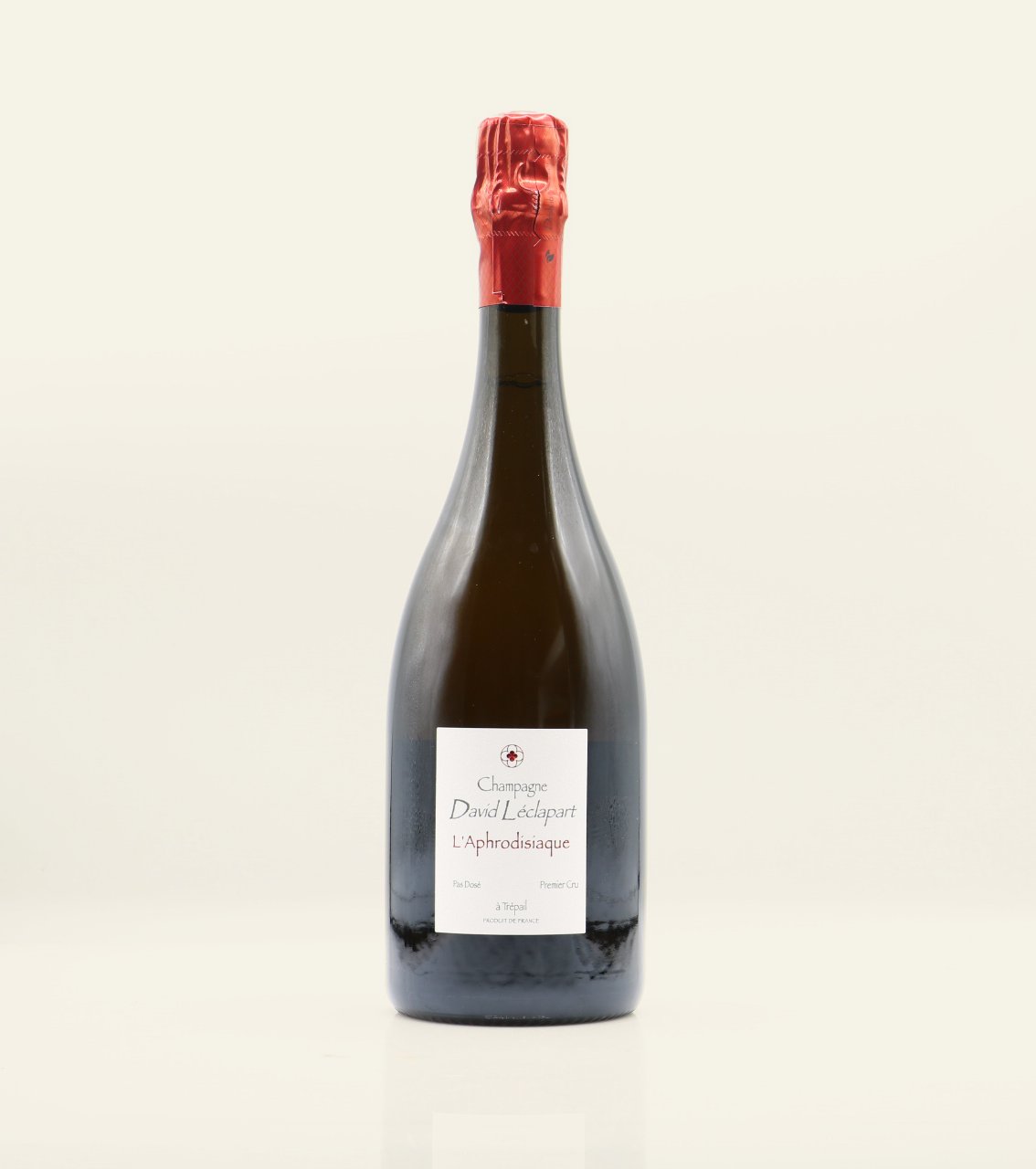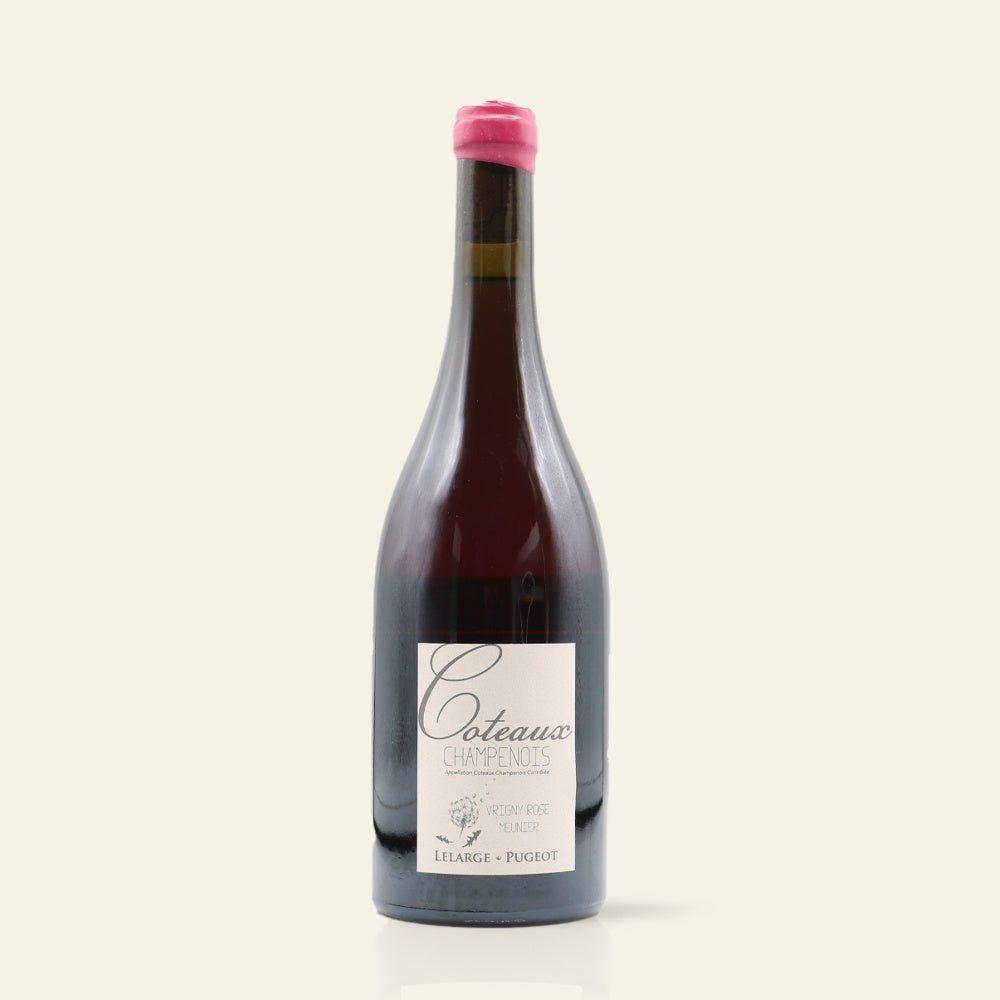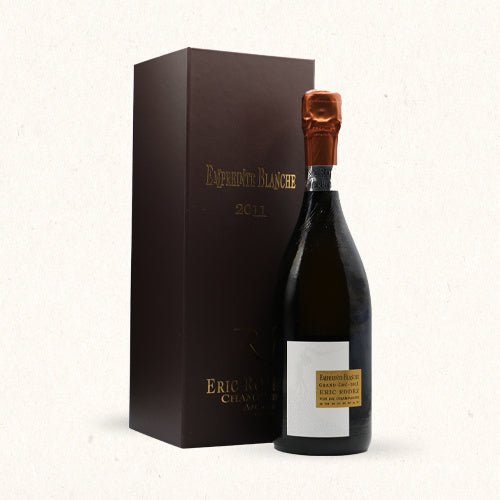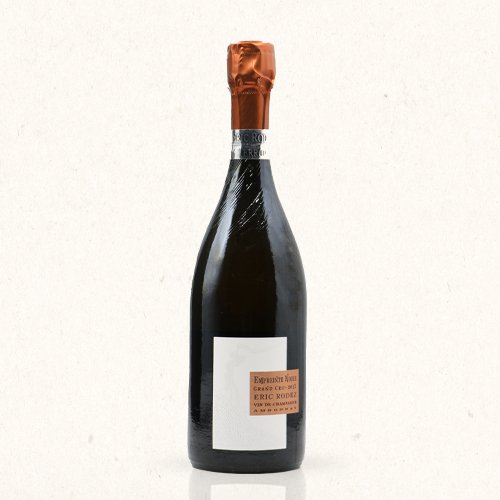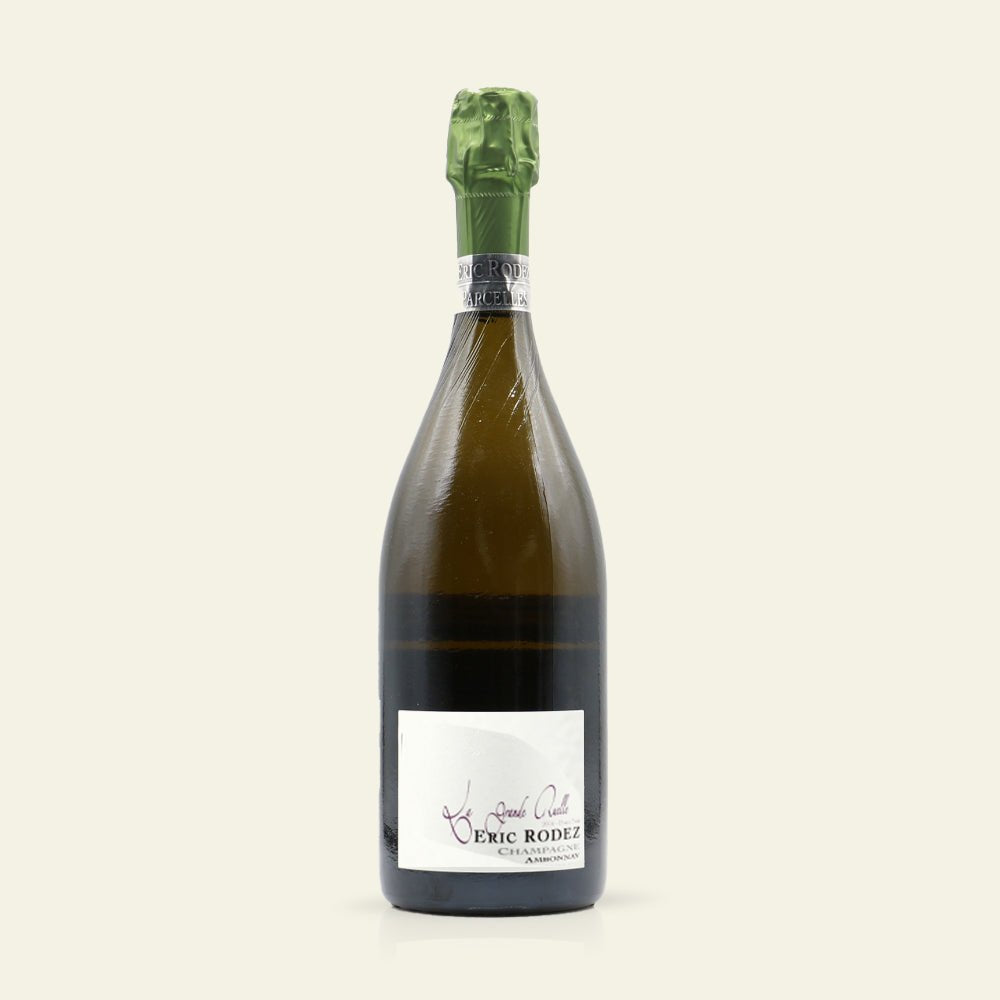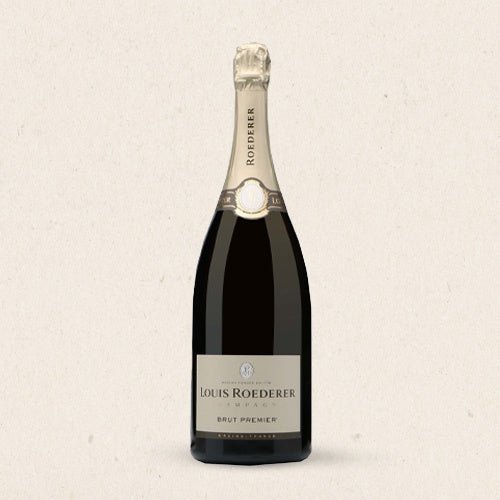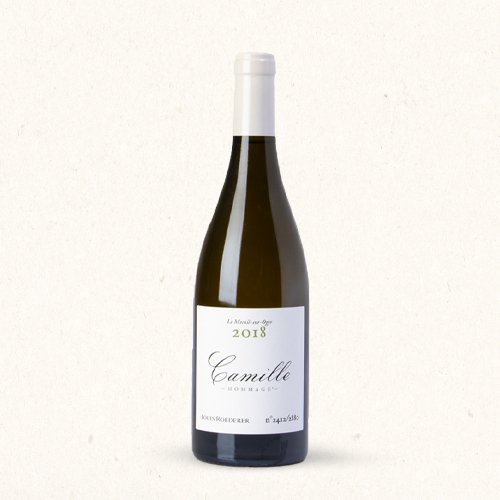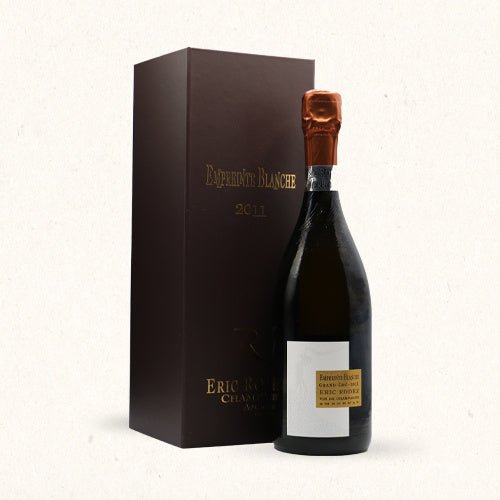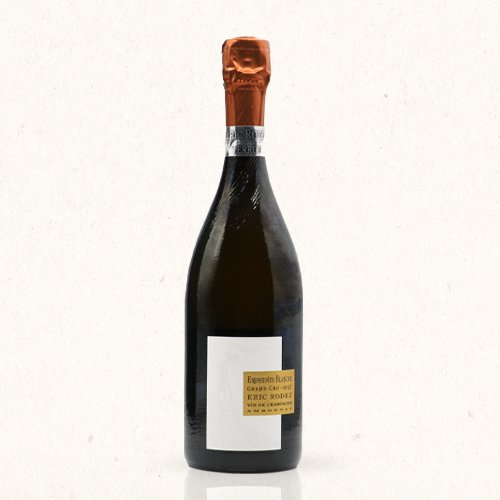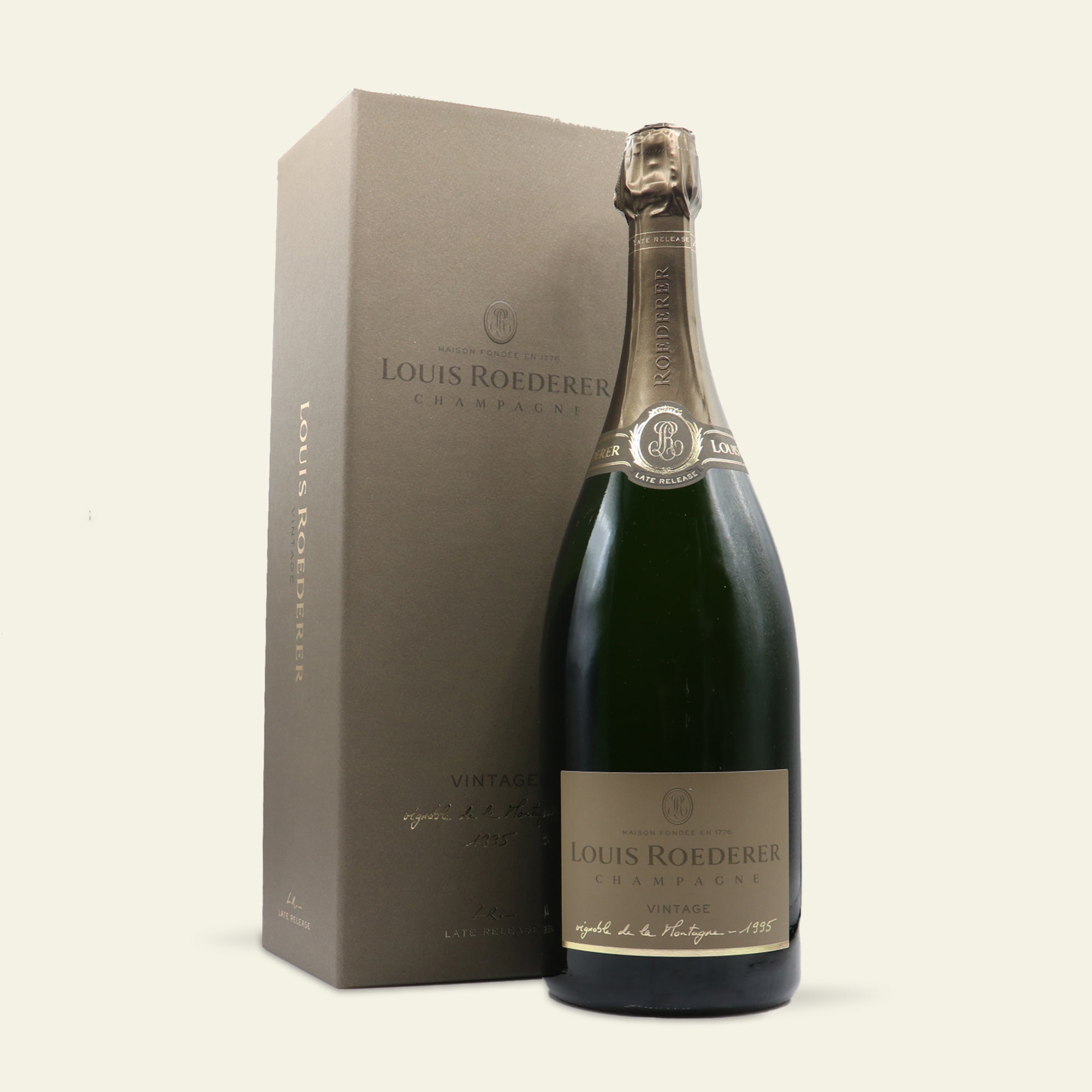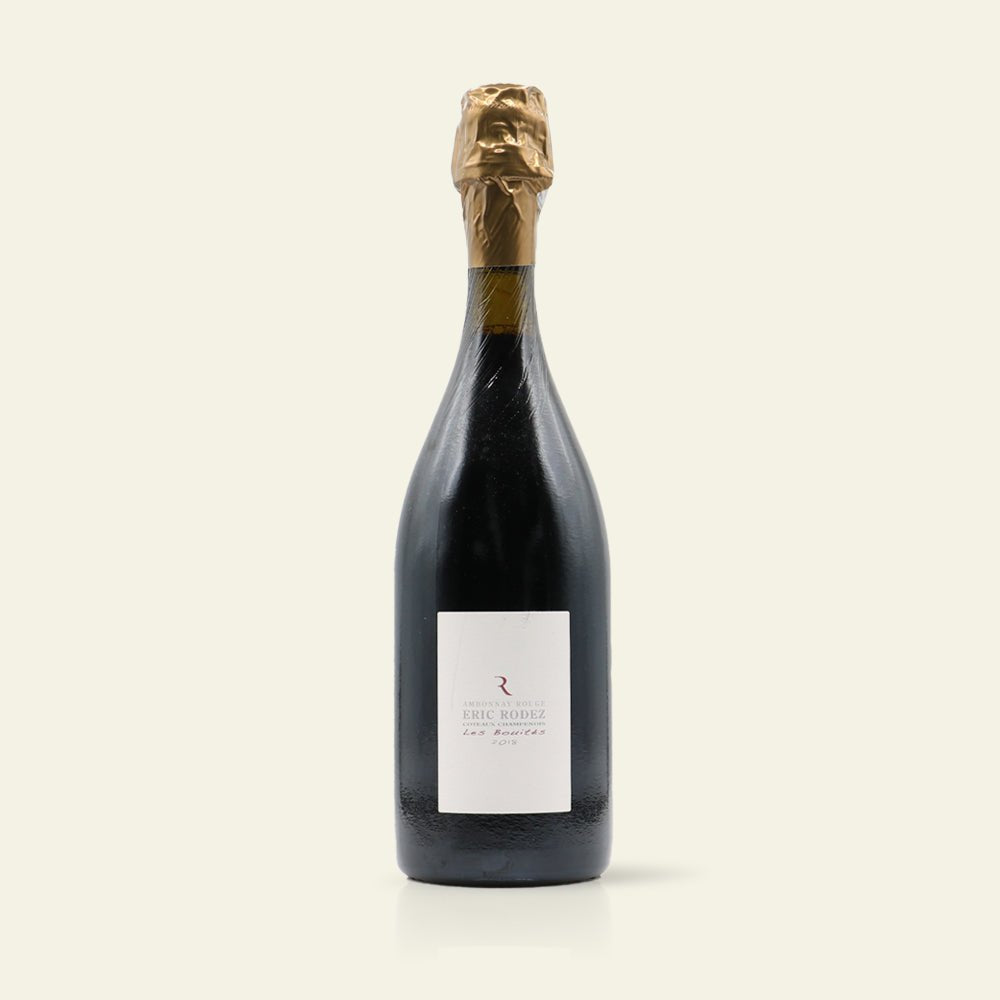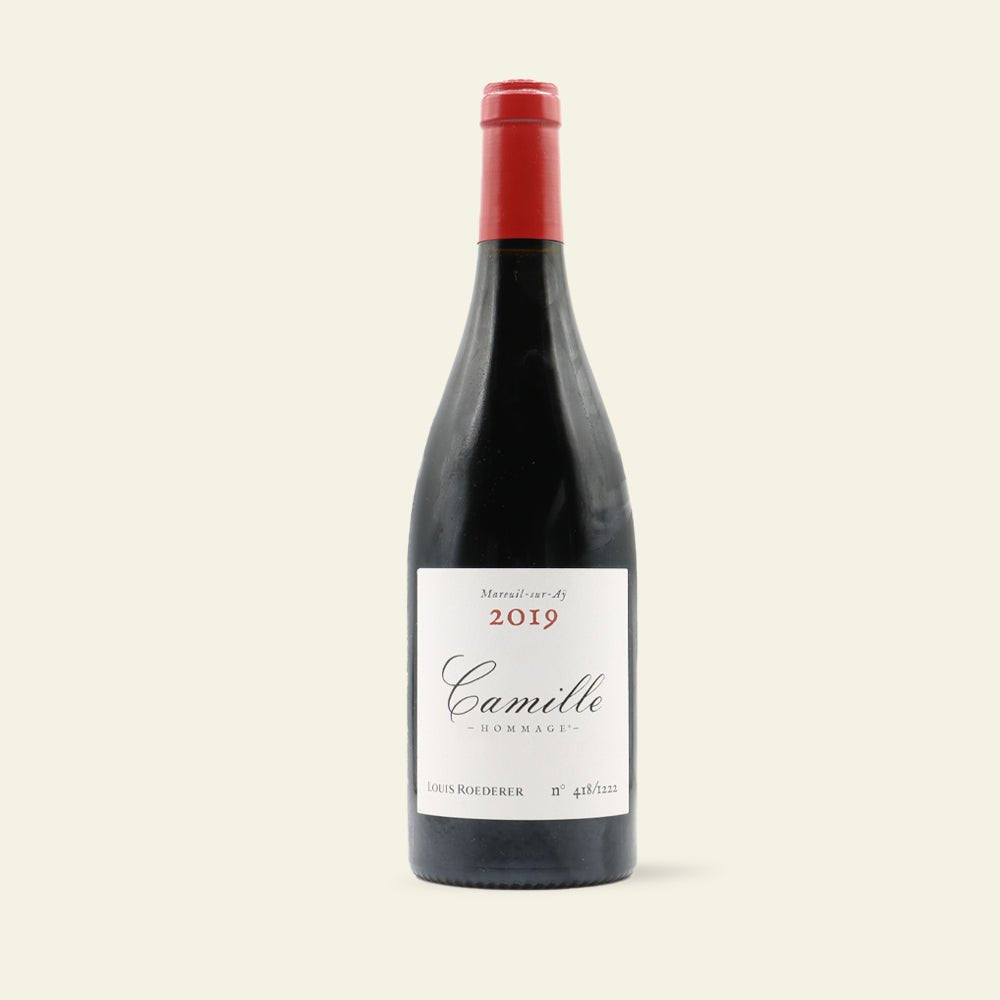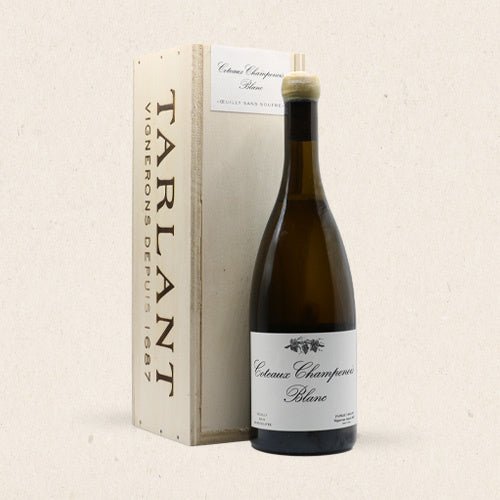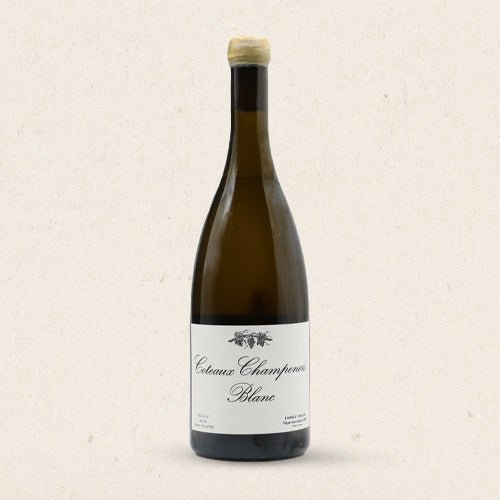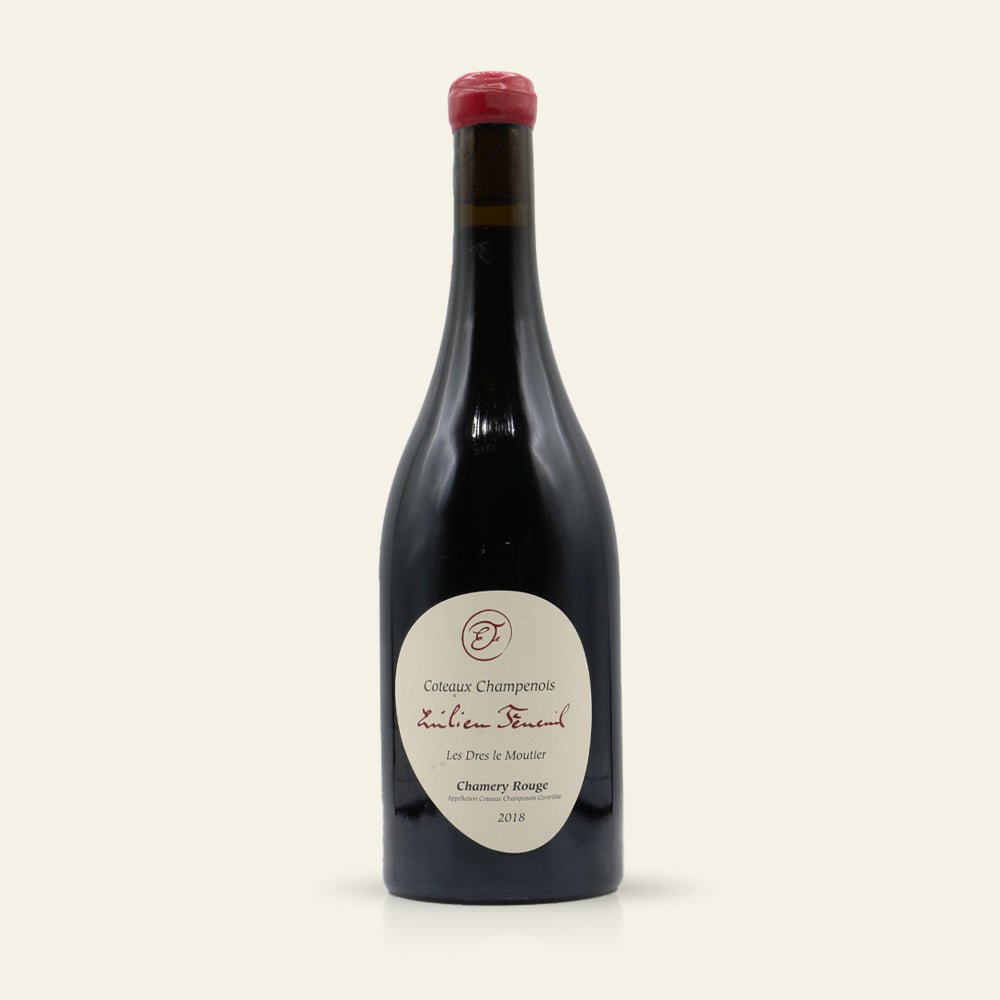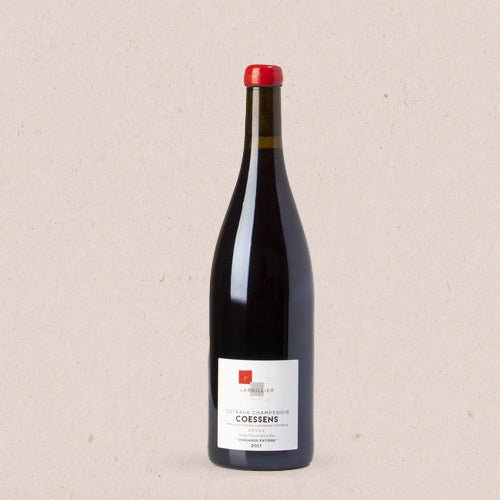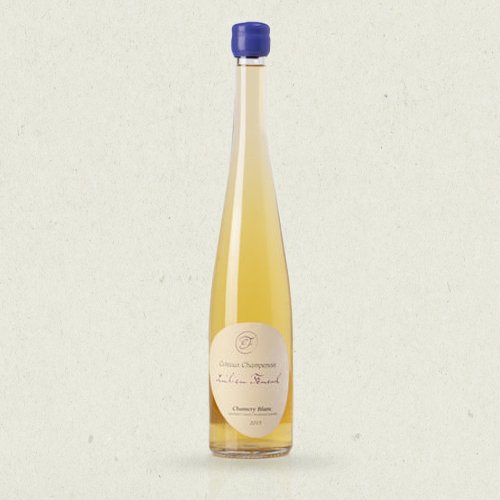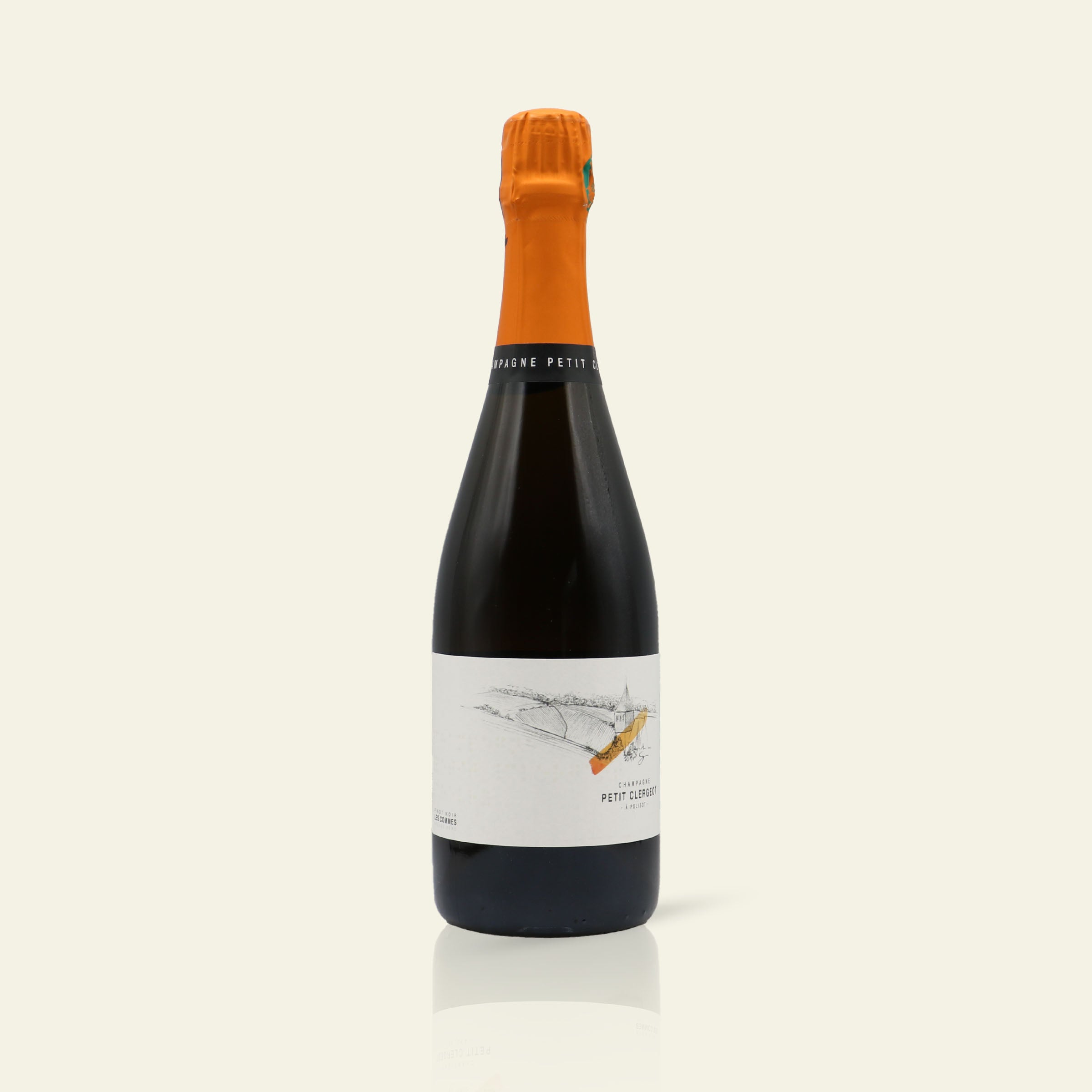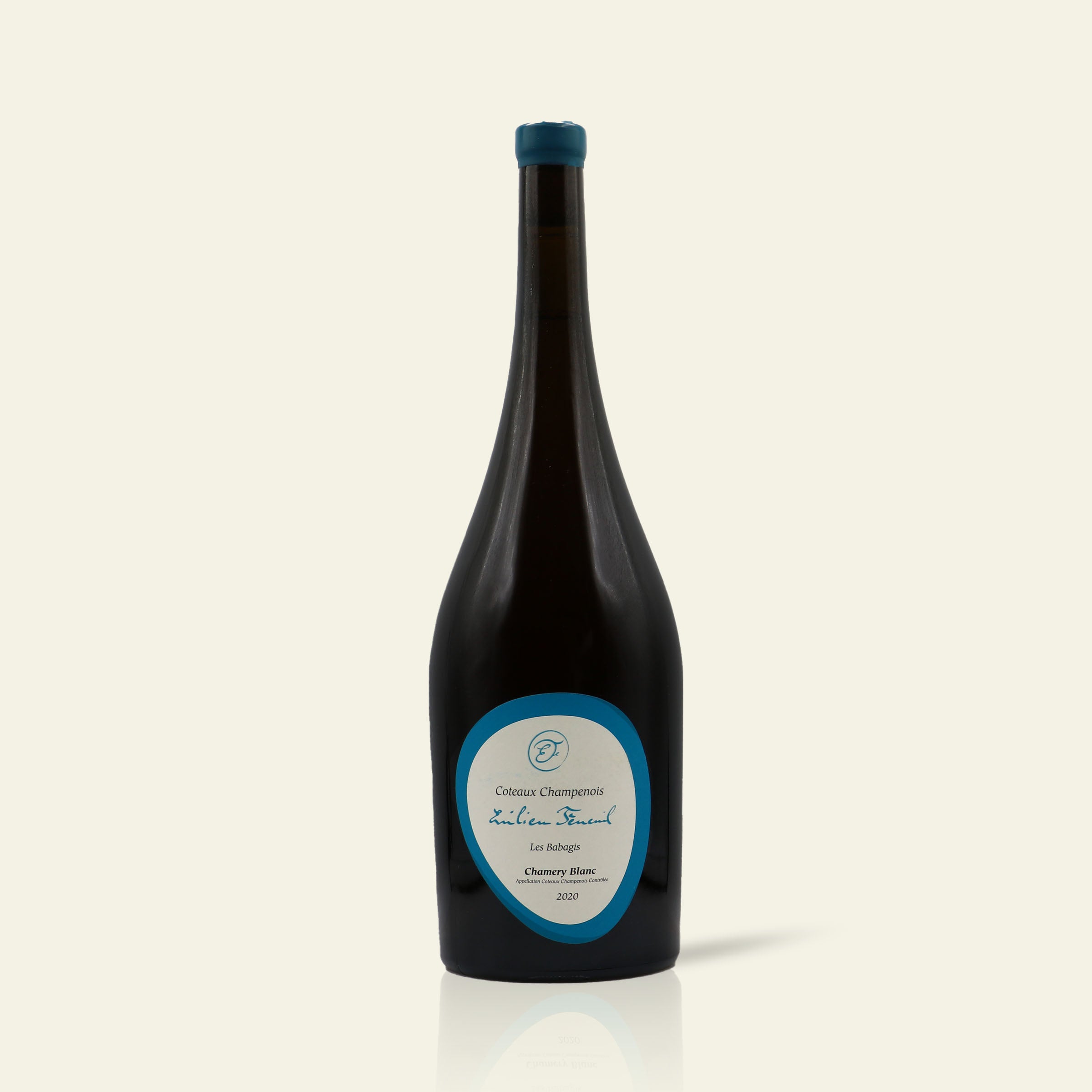Biodynamic viticulture
What is a biodynamic wine?
While there are many similarities with organic wine, biodynamic wine is produced slightly differently. The principles, however, are virtually the same. For example, no pesticides or artificial fertilizers are used. This way, the entire production process remains as natural as possible, ultimately resulting in strong, healthy grapes full of flavor. In addition, considerable attention is paid to the soil. After all, healthy soil is the foundation for healthy vine growth.
The soil
In biodynamic wine production, great attention is paid to the soil in which the vines will grow. However, no chemicals are used to stimulate the growth process, but rather natural herbal blends. These blends vary by winery but are produced according to traditional recipes. The herbs significantly enhance the health and fertility of the soil. In this way, every effort is made to produce grapes of exceptional quality.
Production based on sun and moon positions
A biodynamic wine is also produced based on the phases of the sun and moon. That might sound a bit vague, but wineries do take this into account. For example, they consider the phases of the sun and moon for harvesting, but also for pruning. The most exclusive wines are produced this way. A well-known example of a biodynamic wine is the Burgundy from Domaine de la Romanée-Conti. A bottle can easily cost several thousand euros.
Rules regarding biodynamic viticulture
A biodynamic wine can't simply be called this. A winegrower must have a special license that establishes the standard. This license is issued by Demeter and consists of the following:
- Additions of flavourings other than herbs, extracts or spices are not permitted.
- A winegrower must at all times ensure biodiversity between plants, animals, soil and people
- Only organic manure from 100% organic animal feed may be used in production
- Chemical pesticides such as pesticides are prohibited
The rules are very strict and must be followed at all times. Only then can we speak of biodynamic viticulture and can a so-called biodynamic wine be produced.
What is the difference between an organic wine and a biodynamic wine?
The main difference between organic and biodynamic wines lies primarily in the production process. In both cases, the use of artificial fertilizers and chemical pesticides is prohibited, while biodynamic viticulture takes things further.
Biodynamic winemakers pay extra attention to the soil by using special herb blends. They also consider the phases of the sun and moon for pruning and harvesting. They follow a biodynamic calendar, so to speak, resulting in only the finest grapes for their wines. You can recognize a biodynamic wine by both the EKO and Demeter labels. Therefore, a biodynamic wine is always organic.
Taste the difference
Can you taste the difference between a regular, organic, or biodynamic wine? Anyone who enjoys a glass of wine occasionally will always notice a difference in flavor, character, texture, and finish. Connoisseurs can elaborate on this further, but what's certain is that a biodynamic wine is exceptionally pure. These wines are produced in such an environmentally friendly way with minimal impact on the environment. That's why we at L'atelier du Champagne definitely recommend trying a biodynamic wine. Would you like to learn more about our selection and what else makes a biodynamic wine so special? Visit our store or contact us for purchasing advice. We're happy to discuss the details!


